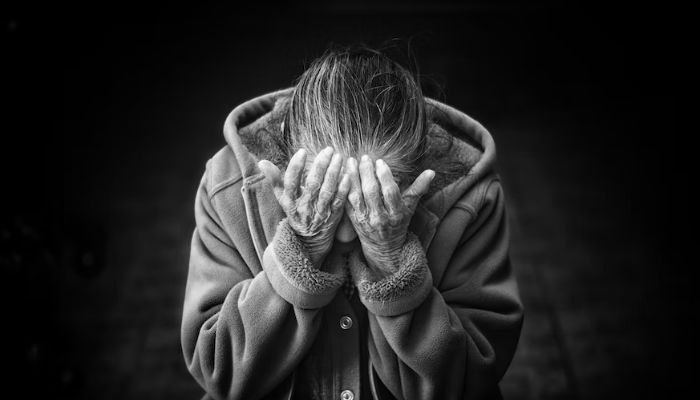Experts say mourning rituals help people deal with grief
Dr Lucy Selman, an associate professor at University of Bristol, said mourning externalises emotions of grief and begins process of healing
Experts say that mourning rituals after someone passes away help people cope better and play an important role in bereavement.
Dr Lucy Selman, an associate professor in end-of-life care at the University of Bristol and the founding director of the Good Grief Festival said that mourning externalises emotions of grief and begins the process of healing.
An associate professor of psychology at the University of Arizona and the author of "The Grieving Brain", Dr Mary-Frances O’Connor agrees and says mourning traditions are beneficial, reported The Guardian.
When everything feels uncertain, she said, rituals can help provide constancy and comfort. O'Connor said that traditions serve as a reminder of the fact that people before us have experienced similar feelings and losses and have continued living meaningful lives.
Selman pointed out that markers of grief like armbands create a sense of solidarity and serve as indicators to others to respect and comfort the bereaved.
Grief is easily ignored too. A YouGov survey showed that 30% of UK adults felt others did not refer to their loss at all. Mourning rituals can make it harder to neglect emotion.
O'Conner added that the expression of grief changed with time.
While armbands are one way of expression, she said that "condolences on Twitter are no less meaningful."
However, with society becoming more diverse and the world becoming a global village, it is crucial that we create more acceptance of different customs and rituals, noted Dr Chao Fang, a research fellow at the Centre for Death and Society at the University of Bath.
-
Ariana Grande opens up about ‘dark’ PTSD experience
-
Dakota Johnson reveals smoking habits, the leading cause of lung cancer
-
Chris, Liam Hemsworth support their father post Alzheimer’s diagnosis
-
Tom Hanks diabetes 2 management strategy laid bare
-
Catherine O’Hara becomes beacon of hope for rectal cancer patients
-
FDA sends 'refusal-to-file' to Moderna over new flu vaccine
-
Cure flu with theses two golden foods
-
Struggling with obesity? Here's how to manage it












